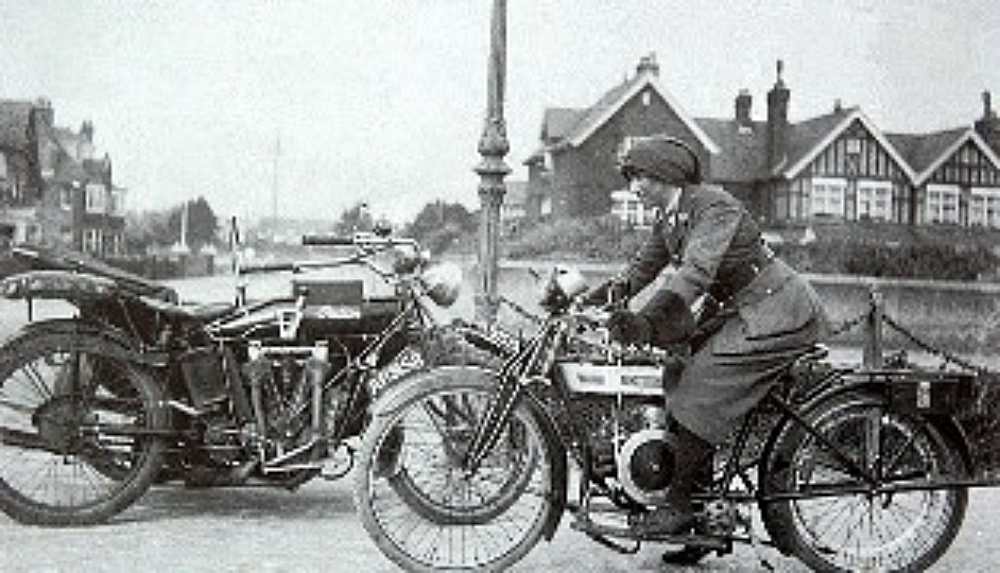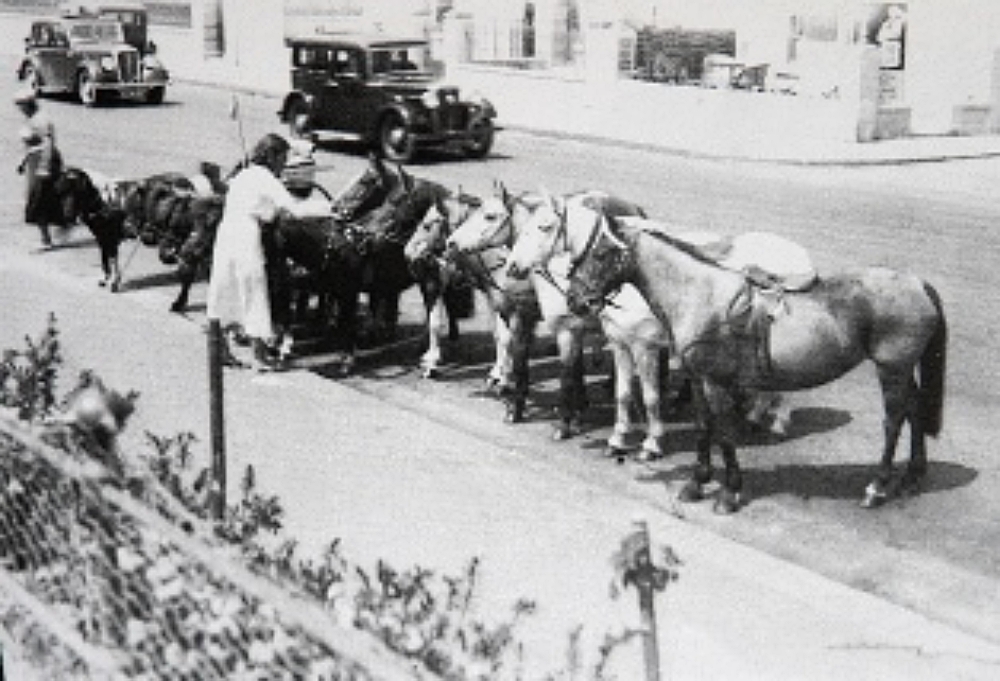An ‘unsuitable job’ for a woman
HILDA Booth was a remarkable woman, known to nearly everybody who lived in Worthing between the first and second world wars.

There were diverse reasons for her local fame. Not only was she the first woman to drive a car in Worthing, but she was also the town’s first woman motorcyclist.
Then, she fought a lengthy and very public battle with members of Worthing town council over their refusal to give her a licence to become a taxi driver.
“NOT an appropriate occupation for a woman,” declared Worthing town councillors when Hilda Booth first applied for a taxi licence.
They completely ignored the experience she had gained as an Army driver during World War One, for which she had gained an impeccable record.
She lost the initial skirmish, but her tenacity eventually won the fight to become Worthing’s first w oman taxi driver.
If that weren’t enough to get her recognised as one of the town’s most colourful characters in the so-called “roaring” twenties, Hilda Booth went on to run a riding stable and a string of ponies on the seafront.

These endeared her to local families and countless people still living in the town today remember Mrs Booth with affection, crediting her ponies with providing many of them with the most exciting and memorable experience of early childhood.
For so many young Worthing visitors, too, a pony ride on a Booth pony became an essential ingredient of their trip to the seaside in the 1930s, through the 1940s (the council continued to issue Mrs Booth with her pony licence all through World War Two) and even into the 1950s.
To recall an old phrase, Mrs Booth was never one to “hide her light under a bushel” and could be outspoken when faced with a situation she considered unfair. In 1936, for example, she withdrew her two taxicabs from service in protest against the town council’s decision to lower fares in response to pleas from other drivers.
An era came to end when Hilda finally hung up the reins of her ponies and retired in 1953. She had given pleasure to thousands of children, but certainly never made a fortune – not even a small one.
When she packed it all in, she was charging only three pence a time for her seafront pony rides. That’s just one-and-a-quarter pence in today’s money!